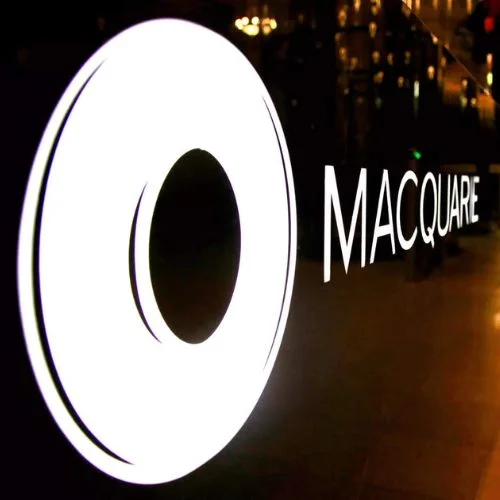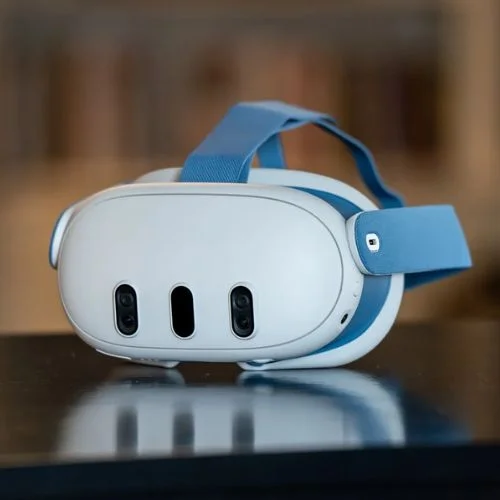South Korea’s largest company has been grappling with weak demand for memory chips, smartphones, and displays as consumers tamp down holiday spending amid soaring interest rates and inflation.
Samsung Electronics Co.’s profit dropped by 69% in its worst fall in more than a decade, as an economic slowdown pummeled memory chip prices and demand for IT gadgets and servers.
Operating profit fell to 4.3 trillion won ($3.4 billion) for the three months ended December, according to a company statement, missing the average estimate of 6.7 trillion won by analysts. Sales fell to 70 trillion won. Samsung is slated to provide a full financial statement with net income and information on divisional performance on Jan. 31.
South Korea’s largest company has been grappling with weak demand for memory chips, smartphones and displays as consumers tamp down holiday spending amid soaring interest rates and inflation. Adding to demand woes, Apple Inc., one of Samsung’s biggest customers for displays and memory chips, suffered production delays at its iPhone assembly complex in the Chinese city of Zhengzhou.
The crisis in the memory chip market has been further exacerbated by US sanctions on some chip-related exports to China, hurting demand from some of Samsung’s key clients. Chip sales in South Korea — a bellwether for global tech demand — fell 29% from the previous year in December, in the fifth consecutive monthly drop and on the heels of the biggest year-on-year decline since 2009 in November.
After ramping up production to record levels to meet a pandemic-era surge in demand, chipmakers have since had to slash spending on new production and cut costs to cope.
The gloomy outlook is lifting speculation that Samsung may need to lower its capex to protect its profitability.















